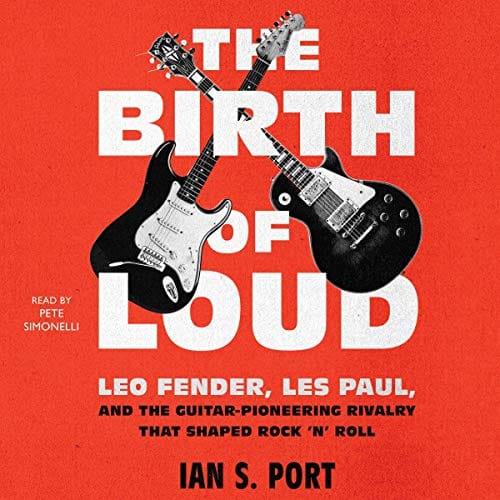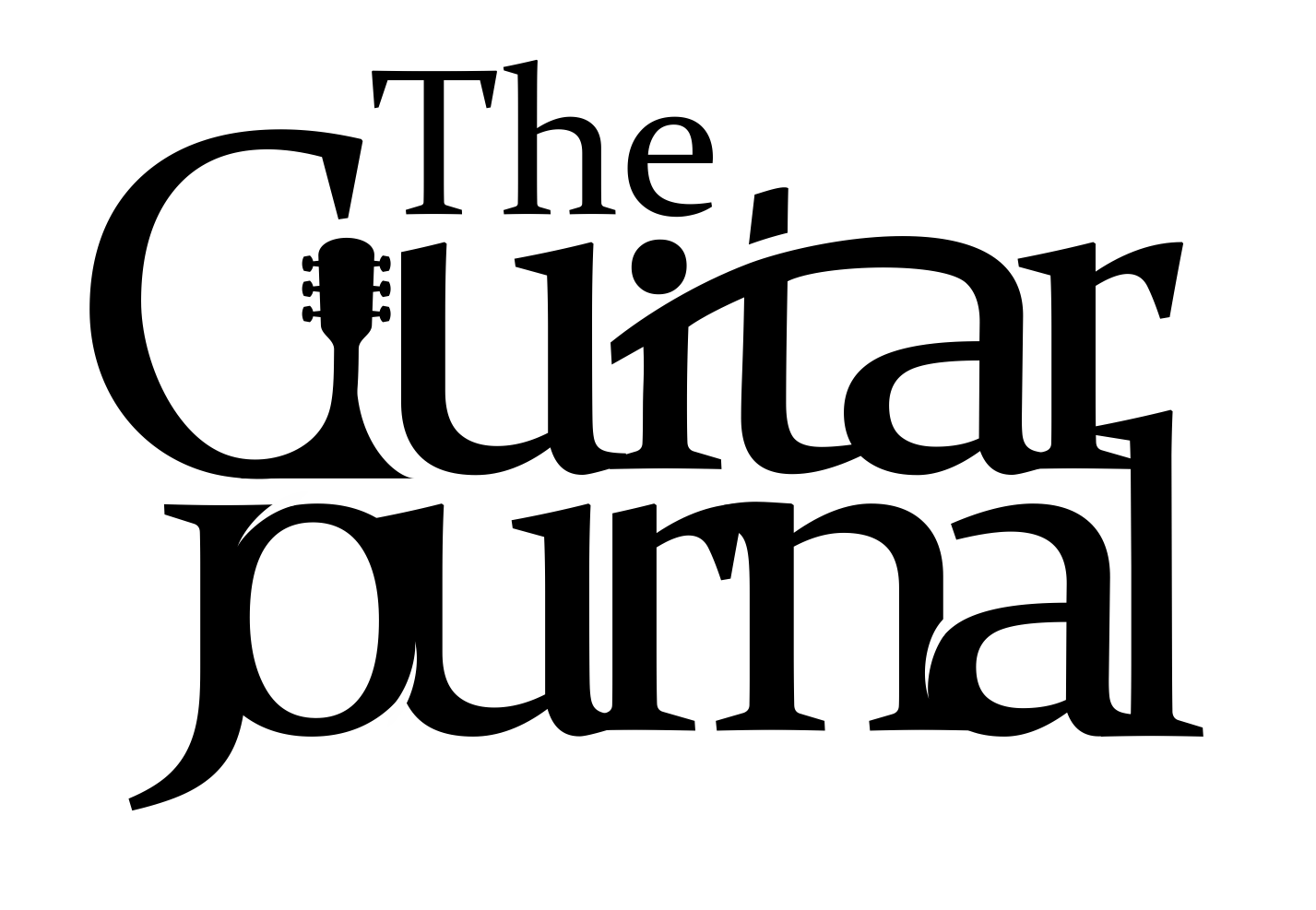The Birth of Loud: Review of Ian Port's Homage to Electric Guitar
Ian S. Port's book, "It's Going To Get Loud" (2019), is a long-needed deep dive into the rivalry between Leo Fender and Les Paul - the fathers of the electric guitar.
Ian S. Port's book, "The Birth of Loud: Leo Fender, Les Paul, and the Guitar-Pioneering Rivalry That Shaped Rock" (2019), is a long-needed deep dive into the rivalry between Leo Fender and Les Paul - the fathers of the electric guitar.
As a young guitar player, even if you're unaware of the history, you can feel the tension between these two branches of the guitar world as you tip-toe into the music scene.
Fender... Light, thin, agile, the favorite of classy bluesmen like Clapton, and hip rockers like Weezer.
Gibson... Warm, full, heavy, the choice of rock royalty like Led Zeppelin, and modern rockers like the Foo Fighters.
Ian S. Port takes a long look at the history of how these guitars - these brands, really - evolved in conjunction with popular music scene of the last 80 years.
The result is that you realize that the development of the guitar IS the development of the music scene over the last 80 years, they are so intertwined as to be inseparable.
My Verdict:
It's a worthwhile read for any music, history, engineering, or entrepreneurship fan. And required reading for guitar players.
The overarching story is fascinating in it's own right, but the best bits are the details and insights into the daily lives of the two iconic men, Leo and Les.
It will give you a new appreciation every time you pick up your guitar, even if it's not a Fender or Gibson. And it will even change your ears, giving you a new context for listening to electric guitar.

Where To Buy
Available in hardcover, paperback, and audio versions.
Editor's Description:
A riveting saga in the history of rock 'n' roll: the decades-long rivalry between the two men who innovated the electric guitar's amplified sound - Leo Fender and Les Paul - and their intense competition to convince rock stars like the Beatles, Jimi Hendrix, and Eric Clapton to play the instruments they built.
In the years after World War II, music was evolving from big-band jazz into the primordial elements of rock 'n' roll - and these louder styles demanded revolutionary instruments. When Leo Fender's tiny firm marketed the first solid-body electric guitar, the Esquire, musicians immediately saw its appeal. Not to be outmaneuvered, Gibson, the largest guitar manufacturer, raced to build a competitive product. The company designed an "axe" that would make Fender's Esquire look cheap and convinced Les Paul - whose endorsement Leo Fender had sought - to put his name on it. Thus was born the guitar world's most heated rivalry: Gibson versus Fender, Les versus Leo.
While Fender was a quiet, half-blind, self-taught radio repairman from rural Orange County, Paul was a brilliant but egomaniacal pop star and guitarist who spent years toying with new musical technologies. Their contest turned into an arms race as the most inventive musicians of the 1950s and 1960s - including bluesman Muddy Waters, rocker Buddy Holly, the Beatles, Bob Dylan, and Eric Clapton - adopted one maker's guitar or another. By the time Jimi Hendrix played "The Star-Spangled Banner" at Woodstock in 1969 on his Fender Stratocaster, it was clear that electric instruments - Fender or Gibson - had launched music into a radical new age, empowering artists with a vibrancy and volume never before attainable.

